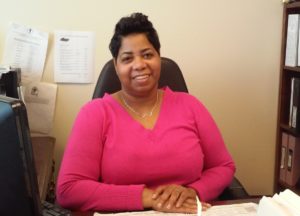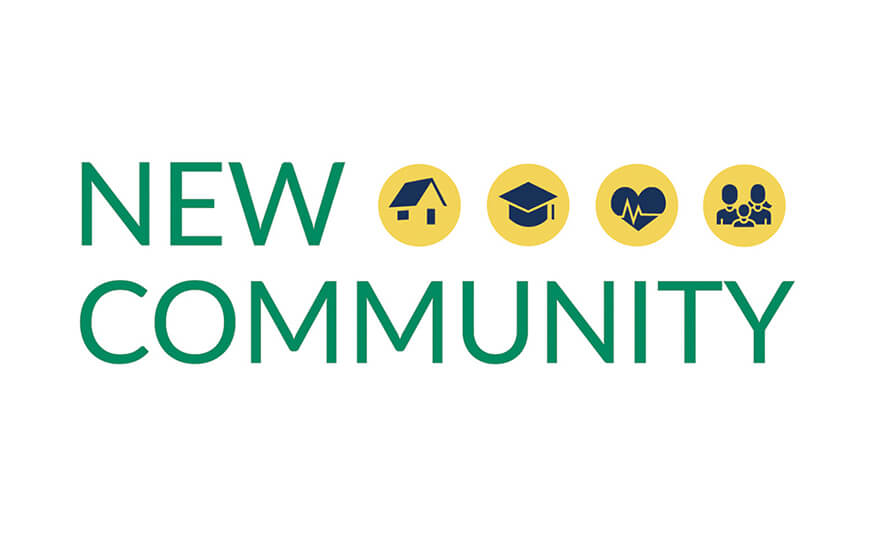
Working full time and pursuing a PhD isn’t easy, but Jackie Andrews has her sights set on the horizon.
“One day, it’s going to pay off,” said Andrews, director of New Community’s Supportive Assistance to Individuals and Families (SAIF) Program.
Since 2011, Andrews has been studying for her doctorate degree in psychology and criminal justice through an online program offered by the University of the Rockies. In October, Andrews was awarded a merit-based scholarship by the school.
“I love the study of the mind,” said Andrews, whose projected graduation date is in 2017.
On evenings and weekends, Andrews logs onto her online courses. Two or three times a year, she attends in-residence workshops held in Colorado. Despite the sacrifice of time spent with family, socializing or sleeping, Andrews said she was motivated by both her husband and daughter to earn her doctorate degree. “I wanted to be an example for my family,” she said.
This isn’t the first time that Andrews has gone back to school. In 2009, she completed a master’s course online through Kaplan University. In 1998, Andrews earned her bachelor’s degree from Rutgers University – Newark. She has also earned a paralegal certificate.
“Once you have identified your goals, you have to put every effort to stay focused to achieve that goal and work hard to make it happen,” Andrews said.
Andrews has worked at SAIF since its inception as a grant-funded pilot program in 2004. SAIF provides individuals who receive public assistance and have exhausted their time limit on welfare with intensive case management and up to 24 months of cash benefits, in addition to support services for mental health and substance abuse treatment. Because the program relies on grant funding, Andrews said she wanted to make sure that her own education and training was in top form, in case she ever found herself out of a job. “Basically I was thinking about my future,” she said.
Studying psychology has helped Andrews work with SAIF clients, many of whom suffer from depression or mental disorders as well as challenges such as lack of education or substance abuse. Andrews said she can also better guide her intensive case managers now. “It helps me give the right direction to the staff,” she said.

